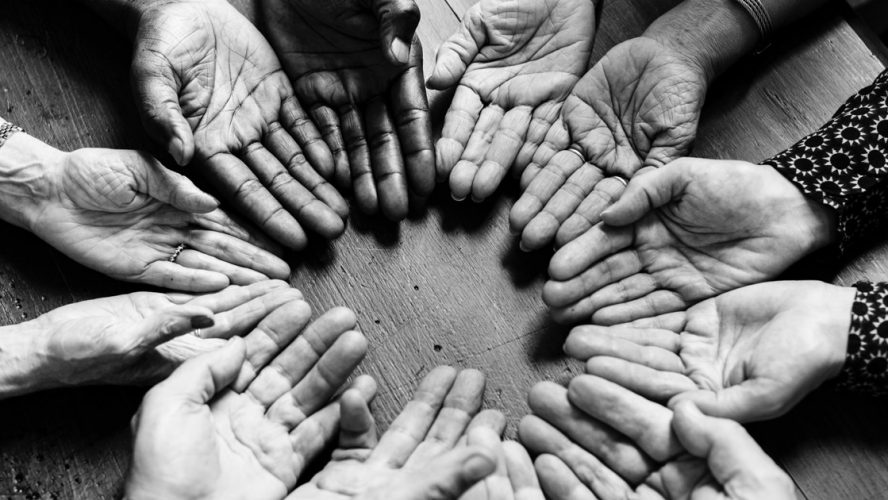Clare Jacklin
NRAS Deputy CEO
The National Rheumatoid Arthritis Society (NRAS) is fighting to dispel the myth that arthritis is an older person’s disease with their #AnyoneAnyAge message.
Hear the word ‘arthritis’ and what springs to mind? What mental picture emerges? A stooped, elderly figure with a cane and aching joints?
The National Rheumatoid Arthritis Society (NRAS) launched a national awareness week in 2013 in response to so many of the 400,000 people in the UK living with the condition telling us of their frustration that their friends, family, work colleagues etc. had no understanding of the disease.
So often people would hear the word ‘arthritis’ and assume 1) it was a condition associated with ageing, 2) it was something associated with joints only and 3) it wasn’t too serious.
Rheumatoid arthritis can occur at any age after 16
However, these widely held misconceptions are all incorrect. Rheumatoid arthritis (RA) is an incurable auto-immune, systemic disease that can strike at any age (over 16-years) with devastating impacts on all areas of a person’s life.
RA is an equal opportunities disease and doesn’t care if you’re 19 heading off to university or 30 raising a family. It doesn’t discriminate between a 40-year-old taking on the next big career challenge or the 70-year-old looking forward to retirement. RA can strike anyone, at any age, at anytime and anywhere.
It most often strikes in what is considered the prime of life, between the ages of 35-60. Within this age bracket RA affects three times as many women as men. What triggers the onset of RA remains unclear but, anecdotally, many women experience symptoms shortly after childbirth or going through the menopause.
Stress and genetics can cause RA
For others, their RA may have been triggered by an illness. Stressful situations, such as bereavement, divorce or redundancy appear to be significant in developing RA as well as causing flares – sudden fluctuations of the condition.
We do know that genetics play a part, having a family member with auto-immune conditions increases the risk of developing RA, which is why it is important to share any family history with clinicians. The HLA gene has been identified as a significant red flag that can pre-dispose someone to developing RA.
Smoking can perpetuate arthritis
While we can’t change our gene pool, one aspect of life that is within our control that can influence the risk of developing RA is smoking.
If someone has a family history of an auto-immune disease and they smoke, their risk of developing RA is significantly increased. Likewise if someone living with RA continues to smoke their therapy’s effectiveness is reduced by up to 50%. Awareness of the links between cigarettes and various cancers, or lung and heart disease is high, but how many of us would think that smoking could trigger inflammatory arthritis?
I am confident that promising, ongoing research will lead to us being able to identify triggers of rheumatoid arthritis and other inflammatory auto-immune diseases in the not too distant future. It will also enable identification of the various ‘sub-types’ of RA resulting in personalised, targeted treatment. Key messages about the importance of early diagnosis, how ‘invisible’ and misunderstood RA is and what people can do to help themselves, have formed part of the NRAS RA Awareness Weeks’ campaigns since 2013. Our theme this year is #AnyoneAnyAge – highlighting that RA is not ageist.
More information
Our mission is simple. We’re changing minds, changing services and changing lives for all those living with RA and juvenile idiopathic arthritis in the UK. To find out more about NRAS’ RA Awareness Week and our extensive support services visit www.nras.org.uk
NRAS helpline 0845 4583969 (Monday – Friday 9.30- 4.30).


